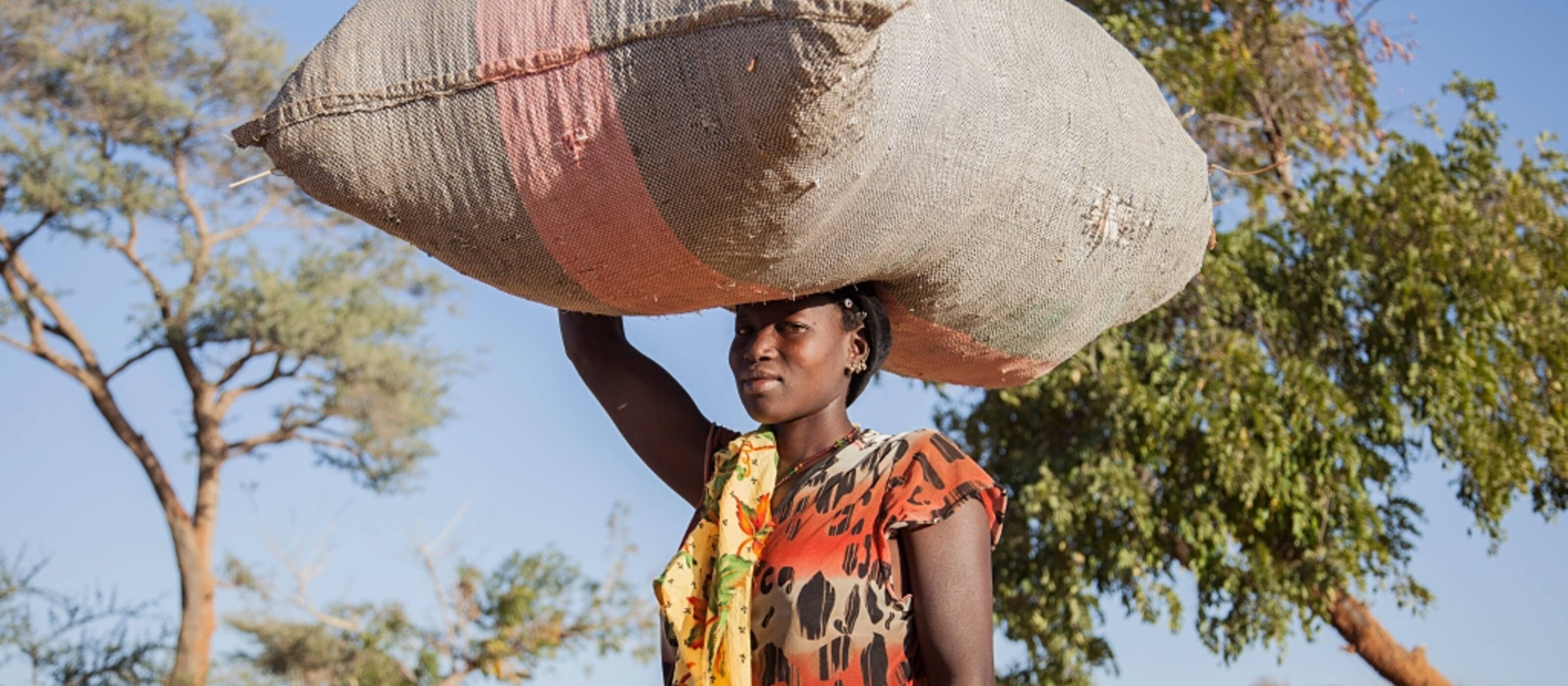

Income, nutrition, education
Millions of people are affected by poverty because they have no, or insecure or low income. Their livelihood is threatened. Caritas Switzerland supports people in precarious situations to improve their income. Our projects create access to education and income and lift people out of extreme poverty. We take an integrated approach in promoting social, ecological and economically sound and sustainable practices.
Ensuring food security
Education and income against poverty
With its integrated approach, Caritas Switzerland helps people to escape poverty and strengthen their resilience. We are committed to providing access to education and dignified working conditions so people can support themselves.
How your donation helps
0
peoplein the Global South could increase their income
(2024)
0
%of them are women
(2024)
0
peoplehave completed vocational training
(2024)
0
%of these have obtained an officially recognised qualification
(2024)
Further information
Header image: Fatima Tessougue, aged 40, carries a bag of manure on her head in order to fertilise the field. © John Kalapo